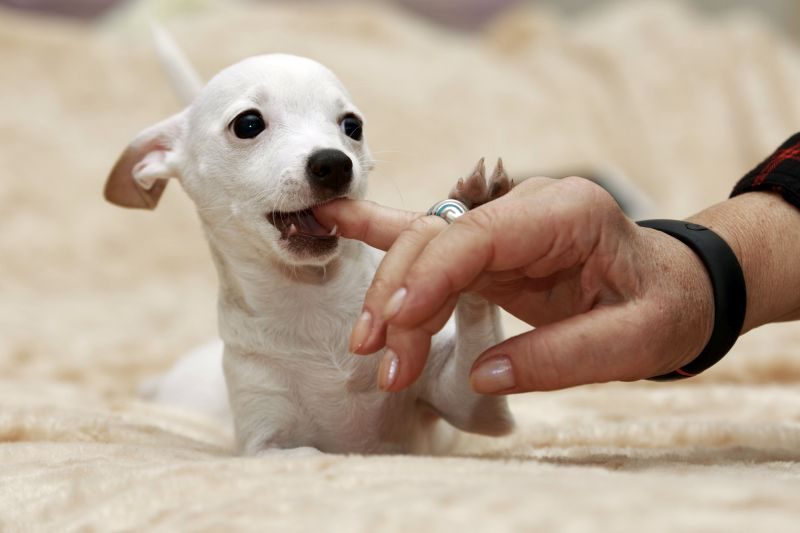Years ago, at the dog park, my Border Collie, Mack, was playing chase with a bunch of other dogs.
Just ahead of Mack was a medium-sized white dog. Mack turned and ran into the white dog. The dog became enraged and began lunging and chasing Mack down, intending to cause harm.
Mack saw me and followed me while the white dog was on his tail. When he arrived, I managed to keep him safe long enough for the owner of the other dog to seize the animal and lead them away.
A dog who already lacked impulse control became enraged during a playful game, and what had begun as a game that was meant to be fun quickly turned into a fight.
As someone who is frequently in the presence of dogs, whether they be my own dogs, dogs I train professionally in Georgia, or unidentified dogs in public places, I have witnessed my fair share of fights and potential fights over the years.
Unfortunately, not all dog fights are as straightforward or quick to end as that first one was. However, there are many things you can do to stop dog fights once they start, prevent them in the first place, and develop your early warning system.
If you own more than one dog or frequently take your dog to play with other dogs, you may have wondered whether the dogs were engaging in play or fighting. Seeing your dog fight with another dog can be unsettling, and you may be unsure of whether to step in or not.
What Are Some of the Early Signs of Aggression in Puppies?
Puppies nip and mouth — it’s just what they do. They may also vocalize while playing. This is all completely normal.
But take note of any of the following red flags:
If you’re worried that your young puppy might have aggressive tendencies, be sure to read our comprehensive article on how to spot the signs of puppy aggression.
Set Up Rules & Guidelines for Rough Play
I advise playing fairly gentle games if you are unsure and erring on the side of caution. It’s a good idea to set boundaries and rules for your dog.
For playing fetch or tug, for instance, it’s a good idea to teach your dog a firm “drop it” cue. Instead, you could teach your dog some entertaining tricks, like “fetch me a beer.” ”.
These types of interactions are often better options for dogs with high arousal levels. There are some great books and DVDs available for teaching and playing games with your dog.

How do I show my dog I am the Alpha?
How Do I Show My Dog I’m the Alpha?
FAQ
Why does my dog only rough play with me?
Overexcitement or learning how to play rough from other dogs are two common causes of rough play in dogs. When dogs play rough, it may be because their owners have taught them to do so or because the dog is trying to assert his dominance over the person or another dog.
Why is my dog only aggressive when he is with me?
There are several causes for a dog to act aggressively toward family members. Conflict aggression, fear-based aggression, defensive aggression, status-related aggression, possessive aggression, food-guarding aggression, and redirected aggression are among the most frequent causes.
Why do my dogs always play fight around me?
Dog play fighting is a very natural way for dogs to interact with each other and release any stored energy. Although play fighting may seem extreme, especially to novice or inexperienced dog owners, it should be permitted.
Why does my dog want to fight with me?
These are the nonverbal cues that dogs use to express their stress. Stress can quickly get out of control and result in an aggressive reaction or bite.